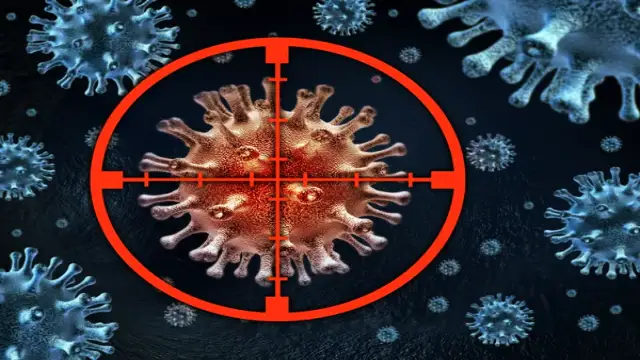Unlocking the Secrets of Disease: The Power of Epidemiology
Epidemiology is a vital field that studies how diseases affect populations. It looks at everything from contagious illnesses to chronic conditions like diabetes and heart disease. By using statistical tools, epidemiologists can analyze patterns and trends in health, helping us understand how diseases spread and how to prevent them.
What is Epidemiology?
Epidemiology focuses on the demographics of disease processes. This includes studying epidemics and other common diseases. It’s not just about contagious diseases; it also examines chronic conditions such as:
This branch of medicine plays a crucial role in identifying the causes of diseases and finding ways to prevent them. For instance, in the case of AIDS, epidemiology has been essential in understanding transmission and prevention strategies.
The Importance of Epidemiology
Epidemiology is more than just a study of diseases; it’s a powerful tool in modern medicine. Here are some key reasons why it matters:
- Identifying Risk Factors: Epidemiologists work to pinpoint what increases the likelihood of developing certain diseases. This information is vital for public health initiatives.
- Supporting Treatment Hypotheses: By conducting large-scale population studies, epidemiology can confirm or challenge treatment methods. This evidence-based approach is crucial for effective healthcare.
- Guiding Public Health Policies: The insights gained from epidemiological studies help shape health policies and programs aimed at improving community health.
A Brief History of Epidemiology
The history of epidemiology is rich and fascinating. One of the most notable figures is Dr. John Snow, who is often called the father of modern epidemiology. In 1854, he played a pivotal role in controlling a cholera outbreak in London’s Soho district.
The Cholera Outbreak of 1854
During this outbreak, Dr. Snow meticulously mapped the cases of cholera and discovered a pattern. He identified that the source of the outbreak was a public water pump on Broad Street. By removing the handle of the pump, he effectively ended the outbreak. This event marked a significant milestone in public health and laid the groundwork for the science of epidemiology.
How Epidemiology Works Today
Today, epidemiology employs advanced statistical methods and technology to analyze health data. Here are some modern techniques used in the field:
- Surveillance Systems: These systems track disease outbreaks in real-time, allowing for quick responses to emerging health threats.
- Cohort Studies: Researchers follow a group of people over time to see how different factors affect their health.
- Case-Control Studies: This method compares individuals with a disease to those without, helping to identify potential risk factors.
Frequently Asked Questions (FAQs)
What is the main goal of epidemiology?
The primary goal of epidemiology is to understand the distribution and determinants of health-related states or events in specific populations. This knowledge helps in preventing and controlling diseases.
How does epidemiology help in disease prevention?
Epidemiology identifies risk factors and patterns of disease spread, which informs public health strategies and interventions aimed at reducing disease incidence.
What are some common methods used in epidemiological studies?
Common methods include cohort studies, case-control studies, and cross-sectional studies. Each method has its strengths and is chosen based on the research question.
Why is Dr. John Snow important in epidemiology?
Dr. John Snow is considered the father of epidemiology for his groundbreaking work during the cholera outbreak in 1854. His methods laid the foundation for modern public health practices.
How does epidemiology relate to evidence-based medicine?
Epidemiology provides the data and insights needed for evidence-based medicine, ensuring that healthcare decisions are grounded in solid research and statistical analysis.
Conclusion
Epidemiology is a crucial field that helps us understand and combat diseases. From its historical roots with pioneers like Dr. John Snow to modern-day applications, it continues to shape public health policies and improve community health. By identifying risk factors and supporting treatment hypotheses, epidemiology plays a vital role in creating a healthier future for all.
Stay informed and empowered—understanding epidemiology can help you make better health choices!

